
A year of ups and downs: cleantech forges ahead through tough 2017
by Cleantech Canada Staff

From a supercharged hurricane to a coast-to-coast electric charging network, 2017 marked steps both backwards and forwards for cleantech
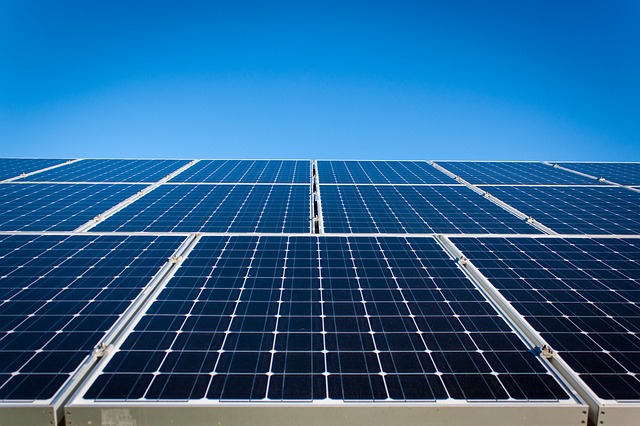
TORONTO—Not exactly a runaway success, 2017 was a year of ups and down for cleantech.
While new technology and stricter regulations allowed clean technologies to make headway in most parts of the world, a backslide in the world’s largest economy—personified by none other than President Donald Trump and his “America First” agenda—counteracted progress elsewhere.
In Canada, meanwhile, more and more provinces enacted climate legislation, startups and established cleantech firms continued to push further into the commercial market and the federal government set aside billions of dollars in new funding for the industry in its latest budget.
Though complaints the country is moving too slowly on decarbonization remain, much of Canada seems to have begun orienting itself to reduce emissions by employing new and potentially transformative technology.
Here are the biggest stories of the year, as chosen by you:
8. Hurricane Harvey a soggy sign of things to come, scientists say
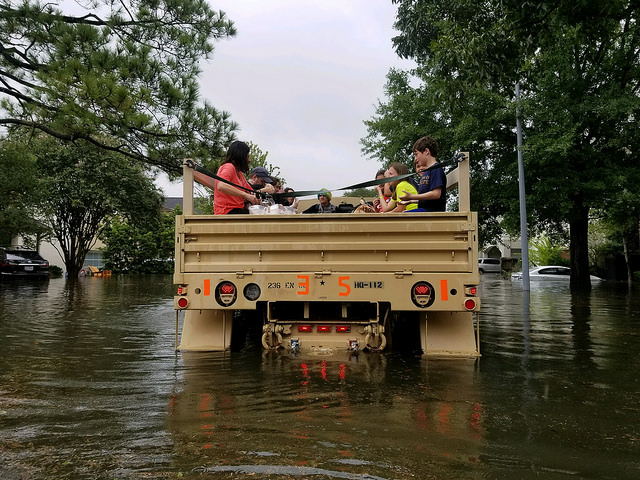 Harvey dumped about 1 million gallons of water for every man, woman and child in southeastern Texas—a soggy, record-breaking glimpse of the wet and wild future global warming could bring. Though scientists have been leery about drawing a direct line from the storm to global warming, higher temperatures mean warmer seas and more hot water to fuel hurricanes
Harvey dumped about 1 million gallons of water for every man, woman and child in southeastern Texas—a soggy, record-breaking glimpse of the wet and wild future global warming could bring. Though scientists have been leery about drawing a direct line from the storm to global warming, higher temperatures mean warmer seas and more hot water to fuel hurricanes
7. Siemens to close Ontario turbine blade manufacturing plant, cut 340 jobs
 The company blamed “dramatic changes” in the global wind market that have led to increased competition and cost pressures for the plant closure. The Tillsonburg, Ont. facility opened just six years ago and was heralded as one of the standout manufacturing operations in the so-called “clean economy”
The company blamed “dramatic changes” in the global wind market that have led to increased competition and cost pressures for the plant closure. The Tillsonburg, Ont. facility opened just six years ago and was heralded as one of the standout manufacturing operations in the so-called “clean economy”
6. Tesla fires hundreds of workers after annual reviews
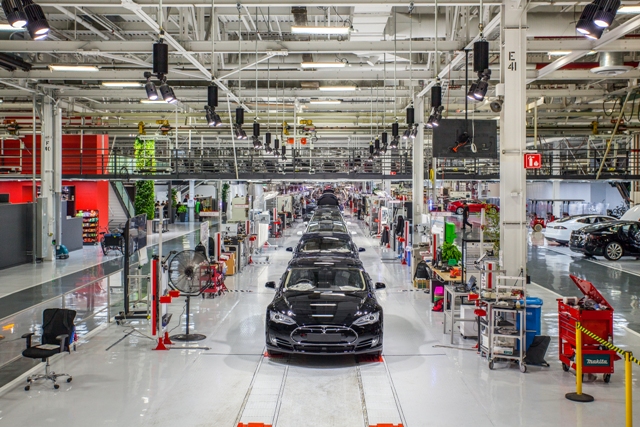 An estimated 400 to 700 Tesla employees lost their jobs in a housekeeping move that trimmed workers in manufacturing, administrative and sales jobs. The company was—and remains—under pressure to deliver its Model 3 sedan to a waiting list of more than 450,000 customers
An estimated 400 to 700 Tesla employees lost their jobs in a housekeeping move that trimmed workers in manufacturing, administrative and sales jobs. The company was—and remains—under pressure to deliver its Model 3 sedan to a waiting list of more than 450,000 customers
5. Cummins unveils fully-electric heavy duty truck
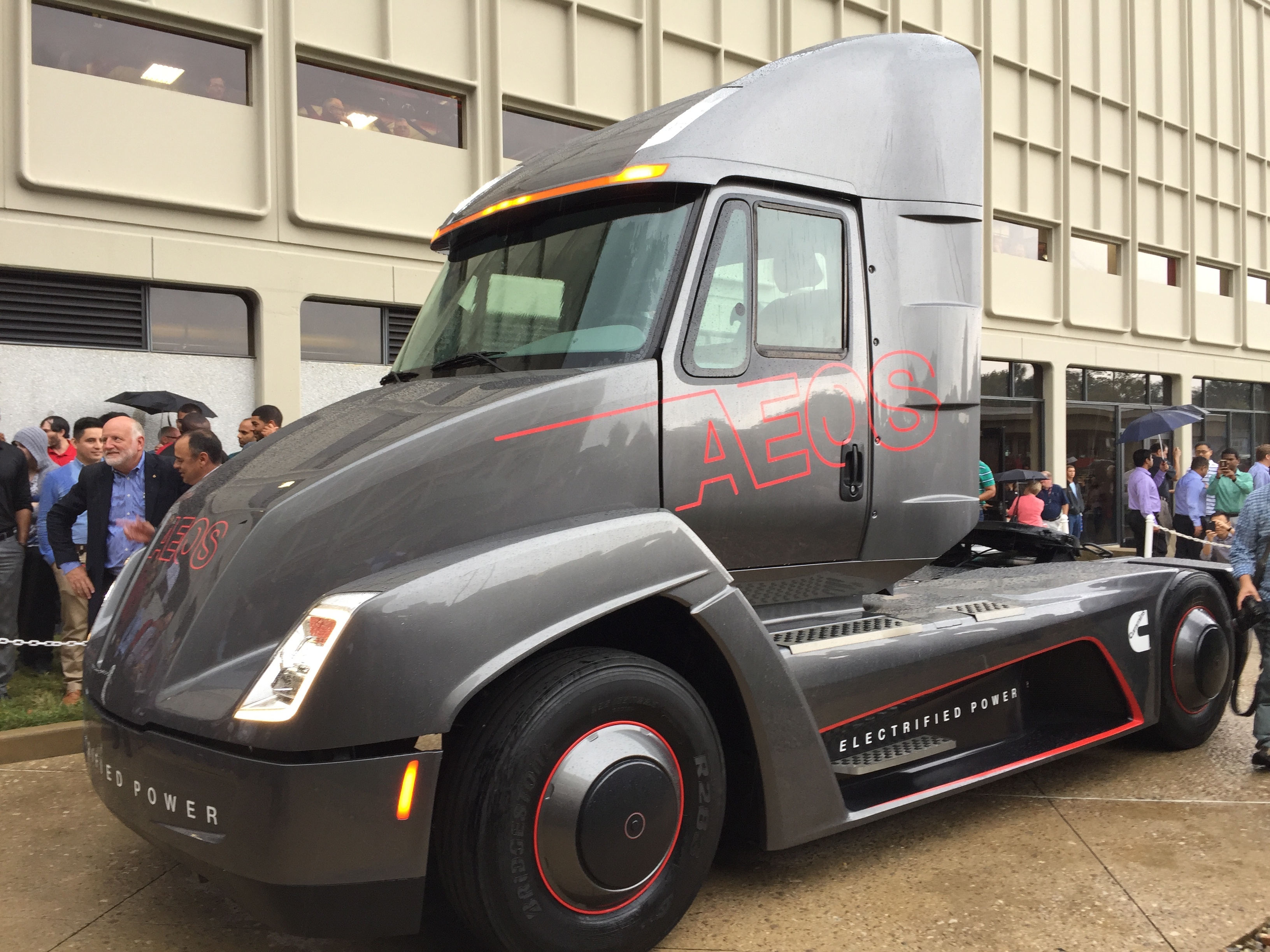 Diesel and natural gas engine company Cummins beat Tesla CEO Elon Musk to the punch and announced an industry first: the fully electric AEOS truck earlier this year. The concept truck design offers 50 per cent fuel savings compared to other diesel hybrids and boasts zero emissions. It also includes an engine-generator option that adds more range
Diesel and natural gas engine company Cummins beat Tesla CEO Elon Musk to the punch and announced an industry first: the fully electric AEOS truck earlier this year. The concept truck design offers 50 per cent fuel savings compared to other diesel hybrids and boasts zero emissions. It also includes an engine-generator option that adds more range
4. Researchers look to revive 3,500-year-old technology to take on energy storage
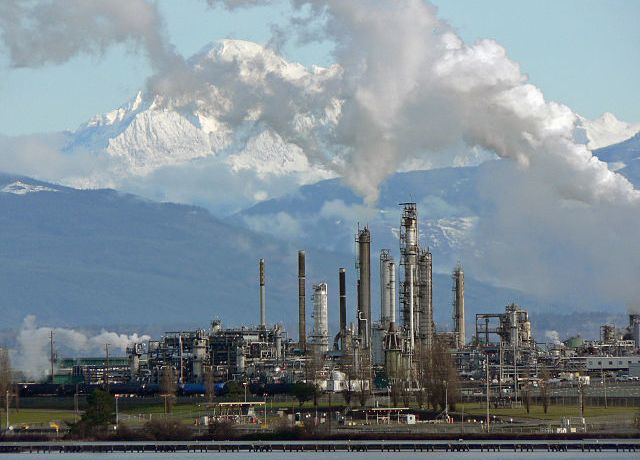 Engineers are coming at the energy storage problem from every angle imaginable—from supersized batteries and molten salt, to biomimicry and underwater balloons. A team of researchers at the Massachusetts Institute of Technology that drew inspiration from the 15th century B.C. is no exception. They gave a millennia-old ceramic invention a few modern tweaks
Engineers are coming at the energy storage problem from every angle imaginable—from supersized batteries and molten salt, to biomimicry and underwater balloons. A team of researchers at the Massachusetts Institute of Technology that drew inspiration from the 15th century B.C. is no exception. They gave a millennia-old ceramic invention a few modern tweaks
3. Ballard creates inexpensive catalyst for hydrogen fuel cells with Japanese partner
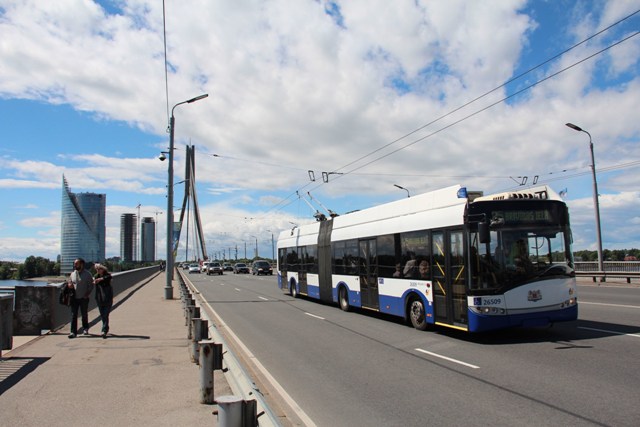 As hydrogen-powered vehicles continue to make headway toward the mainstream, the B.C.-based fuel cell pioneer, alongside cleantech firm Nisshinbo Holdings, designed a catalyst for its fuel cells made of carbon alloy instead of platinum, significantly reducing production costs
As hydrogen-powered vehicles continue to make headway toward the mainstream, the B.C.-based fuel cell pioneer, alongside cleantech firm Nisshinbo Holdings, designed a catalyst for its fuel cells made of carbon alloy instead of platinum, significantly reducing production costs
2. Tesla’s new Model 3 arrives—with a few surprises
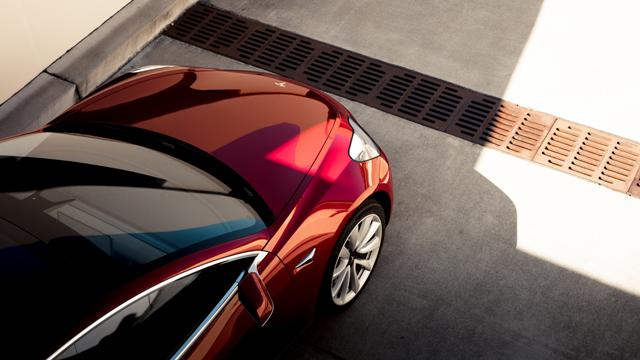 CEO Elon Musk handed over the keys to the first 30 production models this August. At the time, he revealed Tesla has taken nearly 500,000 pre-orders for the car and that the top-of-the-line model can travel 310-miles on a single charge
CEO Elon Musk handed over the keys to the first 30 production models this August. At the time, he revealed Tesla has taken nearly 500,000 pre-orders for the car and that the top-of-the-line model can travel 310-miles on a single charge1. Tesla to quadruple size of Canadian Supercharger network, electrify Trans-Canada
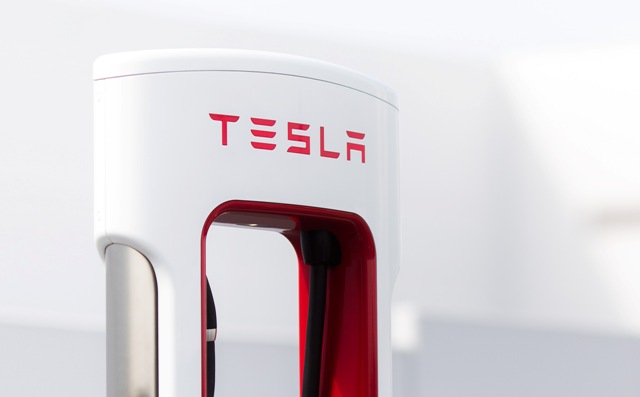 The electric car maker’s charging network is set to take drivers from coast to coast. Tesla unveiled plans this year to add nearly 100 new Canadian stops to its network of charging stations—a major expansion that will more than quadruple the number of Superchargers in Canada and convert its patchy current charging network into a nationwide system
The electric car maker’s charging network is set to take drivers from coast to coast. Tesla unveiled plans this year to add nearly 100 new Canadian stops to its network of charging stations—a major expansion that will more than quadruple the number of Superchargers in Canada and convert its patchy current charging network into a nationwide system